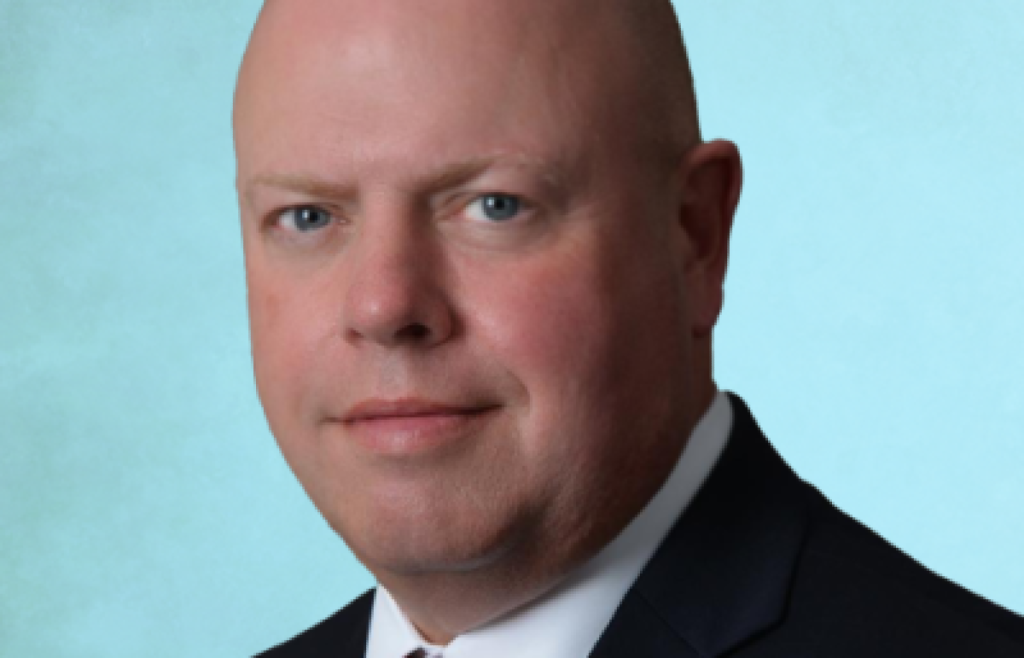FCC Unveils Order Allowing FirstNet to Operate in 4.9 GHz Band
Opponents said the decision 'will be challenged and will be litigated.'
Jake Neenan

WASHINGTON, Oct. 22, 2024 – The Federal Communications Commission released an order Tuesday that would give AT&T’s FirstNet access to portions of the 4.9 GigaHertz band.
The order would allow a band manager, once selected by the agency, to apply for a nationwide license and to enter into a sharing agreement allowing FirstNet, the nationwide first responder network operated by AT&T, to operate in any unassigned portions of the band. Incumbent license holders would be able to enter similar arrangements with FirstNet if they choose.
Opponents of the plan were not happy.
“FirstNet needs more oversight, not more spectrum. Unfortunately, in approving this order the FCC chose corporate profits over public safety,” Kenneth Corey, head of the Coalition for Emergency Response and Critical Infrastructure, said in a statement. “The FCC has made the wrong decision and, in the process, has undermined public safety efforts nationwide.”
The issue has been a longstanding controversy, and the agency sought to address criticism in the order.
“We [] believe that our decision today will not disrupt existing public safety operations, take away current priority treatment in the 4.9 GHz band, or remove public safety’s ability to design their own networks,” the agency wrote. “Our decision today does not authorize the Band Manager or FirstNet to alter or eliminate the rights of incumbent licensees. Instead, our decision authorizes the Band Manager to share the currently unassigned spectrum with FirstNet in a manner that protects incumbent licensees’ existing operations.”
The FCC first proposed instituting a band manager to oversee the band – currently set aside for local public safety agencies – in 2023. A group called the Public Safety Spectrum Alliance proposed allowing that manager to give FirstNet access to the band. AT&T, which can use dormant FirstNet spectrum for its commercial network, supported the plan.
That proposal went a bit farther than Tuesday’s order – PSSA and AT&T supported allowing FirstNet to use any dormant spectrum in the band, not just airwaves that haven’t yet been licensed to local public safety groups. The FCC said in the order it would hold off on that question until the agency collected more granular usage data.
Still, AT&T was pleased. “We applaud the FCC for acknowledging the overwhelming public safety support for a nationwide deployment of their 4.9 GHz spectrum,” Rhonda Johnson, the company’s executive vice president of federal regulatory relations, said in a statement to Broadband Breakfast.
For their part, other wireless carriers have been staunchly opposed to the idea of FirstNet entering 4.9 GHz at all, arguing it would amount to a giveaway to AT&T. CERCI, backed by T-Mobile and Verizon, commissioned a study that found the 50 megahertz at stake could be worth anywhere from $3.4 billion to $14 billion.
Some users have also argued FirstNet access would interfere with their operations and network plans, another criticism the agency took efforts to address in the order.
“We emphasize that the intent of our decision today is to allow the Band Manager to apply for a license for unassigned spectrum in the band and to coordinate any operations by FirstNet pursuant to a sharing agreement to ensure the protection of incumbent operations,” the FCC wrote in a footnote. “It does not otherwise confer authority on the Band Manager or FirstNet to modify or alter the existing license rights of incumbents.”
The Competitive Carriers Association said the move “raises concerns about long-term local control of important public safety communication resources and represents an anti-competitive spectrum opportunity for AT&T.”
Corey vowed the decision “will be challenged and will be litigated.” Blair Levin, senior analyst at New Street Research, wrote in a note ahead of the order’s release that opponents of the plan are likely confident a legal challenge will be successful. They’ve argued that FirstNet doesn’t have authority to operate outside of the 700 MHz band it currently uses.
“[T-Mobile] and [Verizon] did not push as hard as they might have at the FCC or in Congress for several reasons. First, as they both have deals pending at the FCC, they do not want to engage in a battle that might anger Rosenworcel or Carr. Second, they think their side will win in court,” he wrote. “The appeals process will likely take at least a year.”









Member discussion